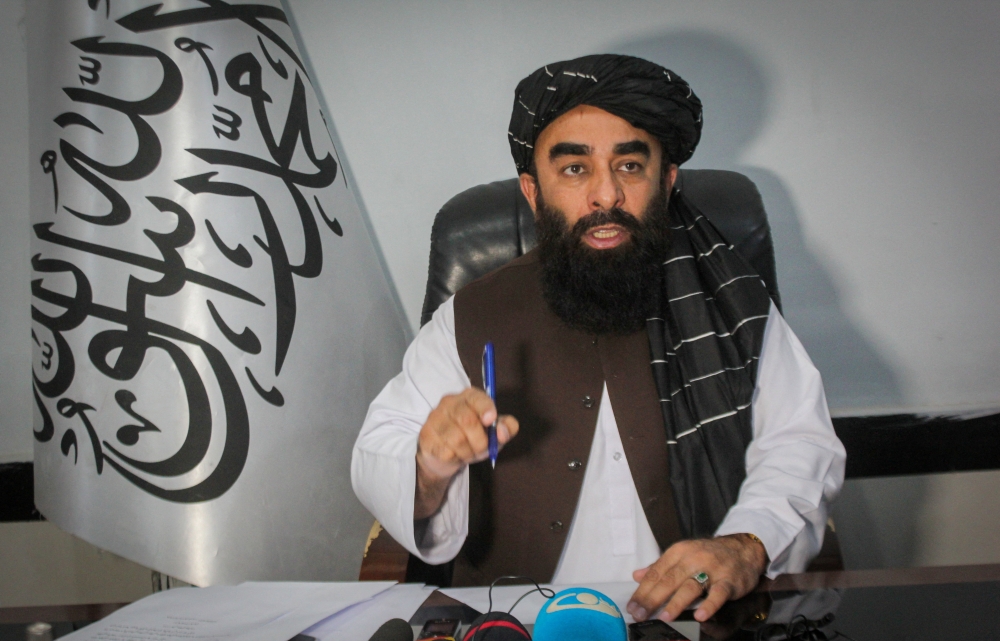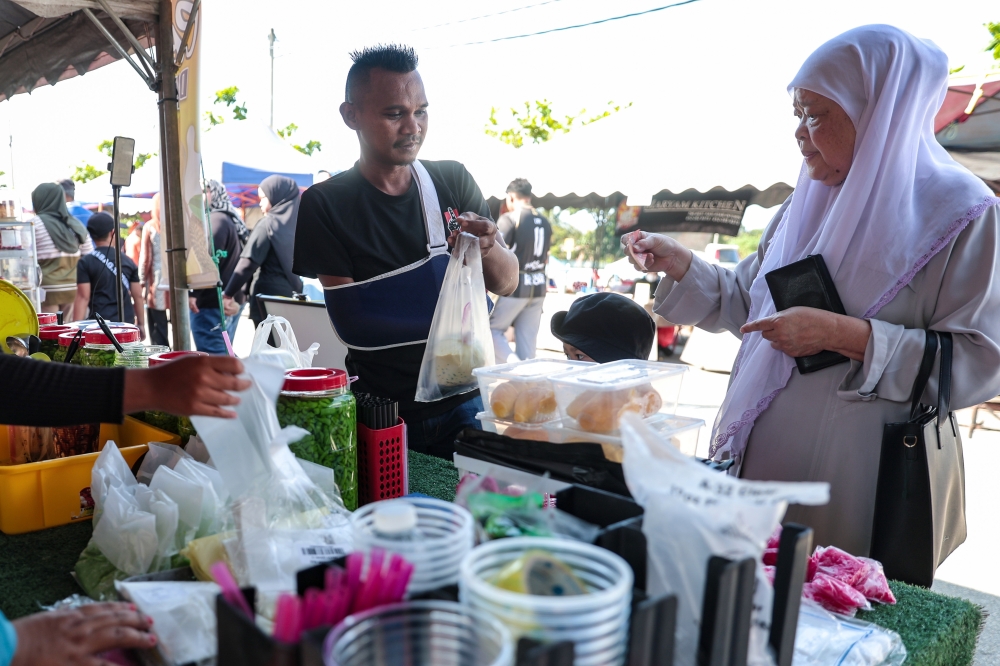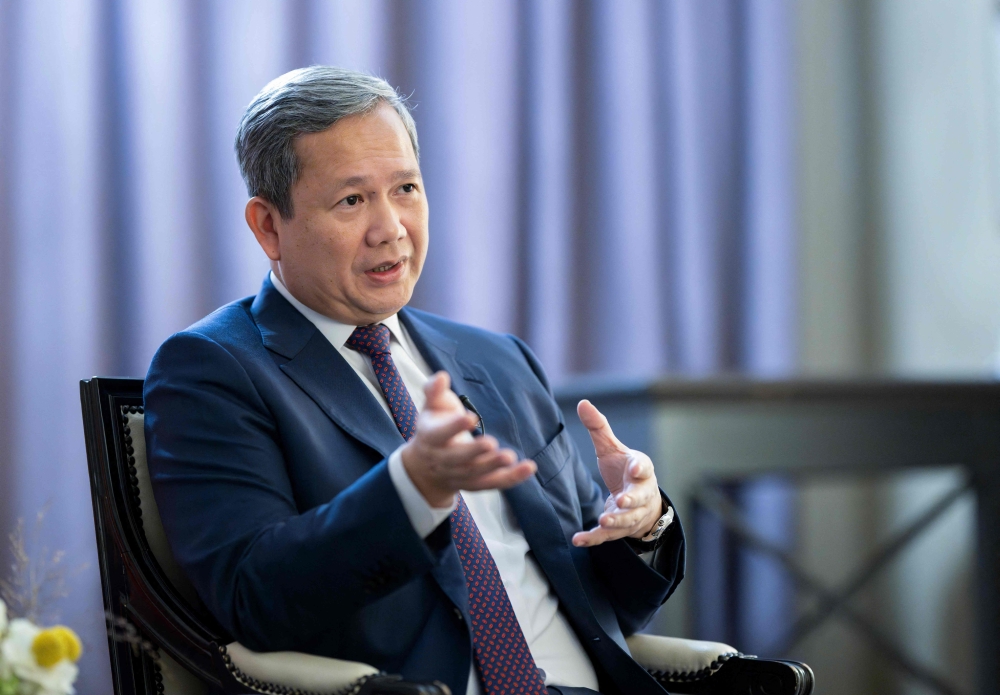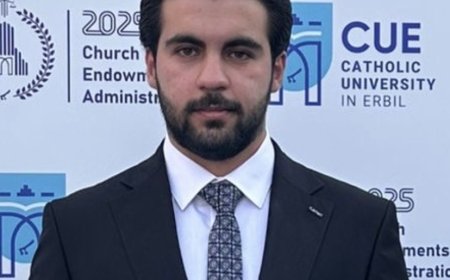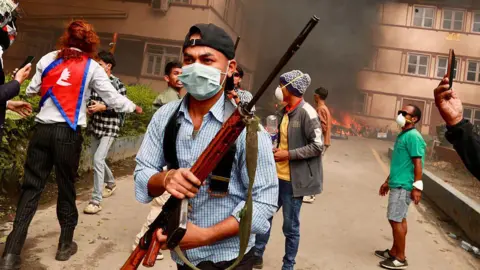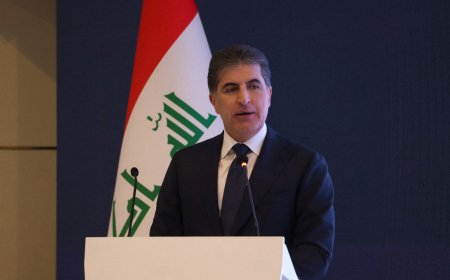The Suffering of the Yazidis Between the Light of Kurdistan and the Shadows of Baghdad: Tears That Never Dry and a Constitution Without Protection
Assistant Prof. Dr. Seerwan Anwer Majeed
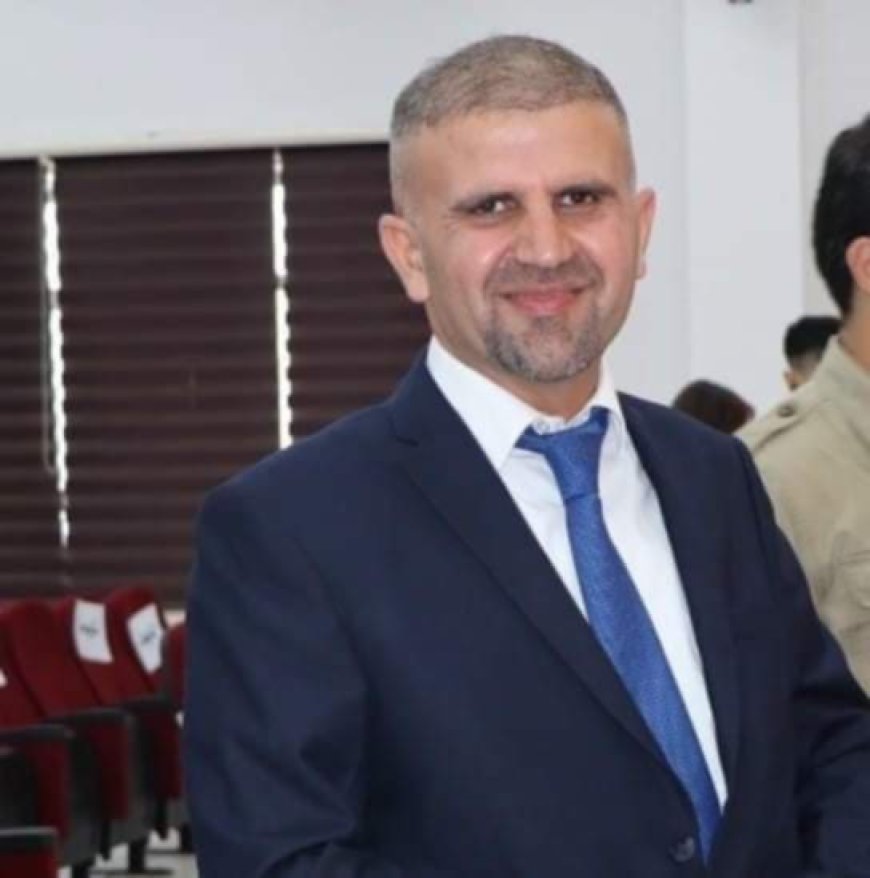
The Yazidis are not merely a religious community; they are a vital heartbeat within the Kurdish nation. Their identity, interwoven with the Kurdish language and culture, specifically the Kurmanji dialect, reflects a deep-seated ethnic belonging to Kurdistan, despite the spiritual uniqueness that sets them apart. Their faith, one of the oldest and most misunderstood in the region, blossoms as a distinct flower within the spiritual mosaic of the Middle East. Yazidis are ethnically Kurdish, yet their religious distinctiveness preserves a cultural flame that resists assimilation and embodies the resilience of a people who have weathered centuries of persecution.
On August 3, 2014, this resilience was tested once again. In a campaign of unthinkable brutality, the Islamic State (ISIS) stormed the Sinjar region, committing atrocities that shocked the conscience of the world. Thousands of Yazidi men were massacred; women and children were abducted, enslaved, sold in human markets, or forced into ISIS ranks. Others were driven to suicide under the weight of unspeakable trauma. These atrocities, documented in excruciating detail by the United Nations Investigative Team to Promote Accountability for Crimes Committed by Da’esh/ISIL (UNITAD) in its September 2024 report, are categorized not just as war crimes and crimes against humanity, but as acts of genocide.
The legal reckoning began slowly but surely. One of the most prominent cases was that of Taha al-Jumailly in Germany, convicted in 2021 of genocide and crimes against humanity. His crime? Leaving a five-year-old Yazidi girl chained under the scorching sun until she died. His life sentence was not only a moment of justice, it was the first judicial recognition that genocide had indeed been committed against the Yazidis. Similar proceedings are unfolding elsewhere: in Switzerland and Sweden, Lina Issa is currently on trial for alleged participation in human trafficking, sexual slavery, and the abuse of Yazidi children during her time in ISIS-controlled Raqqa (2014–2016). These trials, conducted behind closed doors due to the sensitive nature of testimonies, are slowly but firmly carving a judicial legacy.
In August 2023, a flicker of hope emerged in the darkness when the UK formally recognized ISIS’s crimes against the Yazidis as genocide—joining the Netherlands, Belgium, France, and Canada in acknowledging one of the gravest tragedies of the 21st century. These recognitions place the Yazidi genocide in the same historical frame as the Holocaust, Rwanda, Srebrenica, and Cambodia. Yet, despite the symbolic weight of these acknowledgments, real change on the ground remains painfully slow.
The Iraqi Parliament passed the "Yazidi Survivors Law" on March 1, 2021, providing financial compensation, psychological support, access to land, and 2% employment quotas for survivors in public institutions. As of mid-2024, only 1,700 out of 2,235 applications had been approved. More than 360,000 Yazidis remain displaced in camps, their lives suspended in limbo. Over 2,600 people are still missing—many feared dead or still held by extremist groups. Survivors who bore children from ISIS fighters face unique legal and social barriers: their children are not recognized as Yazidis under traditional lineage laws, further complicating the mothers' reintegration and access to state benefits.
Within this landscape of neglect, the Kurdistan Regional Government (KRG) has played a more proactive role. According to its official statements, the KRG has undertaken several key initiatives:
- Security and Stability: Through the Peshmerga and local Kurdish forces, the KRG has worked to stabilize Sinjar and nearby Yazidi communities, in coordination with international coalition partners. Efforts have been made to prevent ISIS resurgence and protect areas where Yazidis have returned.
- Compensation and Reconstruction: The KRG, in collaboration with the Ministry of Labor and Social Affairs, has disbursed financial compensation to survivors and victims’ families. Reconstruction projects include rebuilding schools, hospitals, roads, and other critical infrastructure, albeit amid ongoing budget constraints.
- Legal Documentation and International Advocacy: The KRG has collaborated with international bodies to document war crimes and support judicial proceedings in international courts, including the ICC. This includes providing critical evidence and facilitating survivor testimonies.
- Psychosocial Support: The region supports rehabilitation programs focused on Yazidi women and children, emphasizing trauma healing, education, and vocational training. Partnerships with NGOs have enabled the provision of mental health services, despite challenges in outreach and accessibility.
- Political Representation: The KRG has worked to ensure Yazidi inclusion in governmental institutions and local parliaments. It continues to promote interfaith dialogue and pluralism as cornerstones of Kurdish civil identity.
In his most recent statement, the President of the Kurdistan Region reaffirmed the government’s commitment to Yazidi rights and healing. He emphasized the urgent need to resettle displaced Yazidis in their original hometowns and called for the removal of armed militias using Sinjar as a strategic base. Moreover, the President urged the international community to recognize the Yazidi genocide formally and pledged to intensify efforts to free all remaining captives.
Yet despite these efforts, formidable challenges persist: reconstruction is slow, many areas remain insecure, and coordination with the federal Iraqi government is hampered by political friction. The long-delayed implementation of the 2020 Sinjar Agreement (meant to demilitarize the region, install a local Yazidi-led administration, and restore basic services) remains incomplete. Additionally, Yazidi representation in national institutions remains limited, and there is no clear, unified leadership representing their interests.
The Iraqi federal government, for its part, faces mounting criticism. Delays in compensation, weak infrastructure development in Sinjar, insufficient psychosocial support, and slow judicial progress are cited as major failures. Despite rhetorical commitments, Baghdad has yet to provide a concrete roadmap for reintegration, education, or economic recovery for the Yazidi population. Thousands remain in camps, their futures held hostage by bureaucracy and political stagnation.
Amidst these realities, one truth emerges: the Kurdistan Region has served as a lifeline to the Yazidis, not just militarily, but spiritually and administratively. It offered them sanctuary when all doors were closed, granted them political voice when they were silenced, and enshrined their tragedy in public memory. From official commemorations to memorials in Duhok and Erbil, the Yazidi cause remains central to Kurdistan’s moral compass. Time and again, its leaders have declared the Yazidi plight not as a peripheral crisis, but as an existential chapter in the Kurdish national narrative.
Still, Yazidis deserve more: more justice, more safety, more dignity. It is time for both the Kurdistan Region and the Iraqi federal government to establish an independent commission with full Yazidi participation to implement the Sinjar Agreement and oversee the reconstruction of their devastated lands. This must be accompanied by a transparent budget, monitored by international observers and civil society groups. Psychological rehabilitation programs, especially for survivors of sexual slavery and children born of war, must be expanded and institutionalized. Finally, Yazidis must be granted full cultural and political rights, not as guests in their homeland, but as proud citizens of a pluralistic future.
Ultimately, serving the Yazidis is not an act of charity, it is a matter of justice, of restoring what was lost and preserving what remains. The future of their community hinges on a constitution that protects, not ignores them. Only then might their tears begin to dry, and their spirits find peace not in exile, but at home, rooted in the soul of Kurdistan and the dream of a truly federal Iraq. For without that, what is citizenship but ink on paper?


